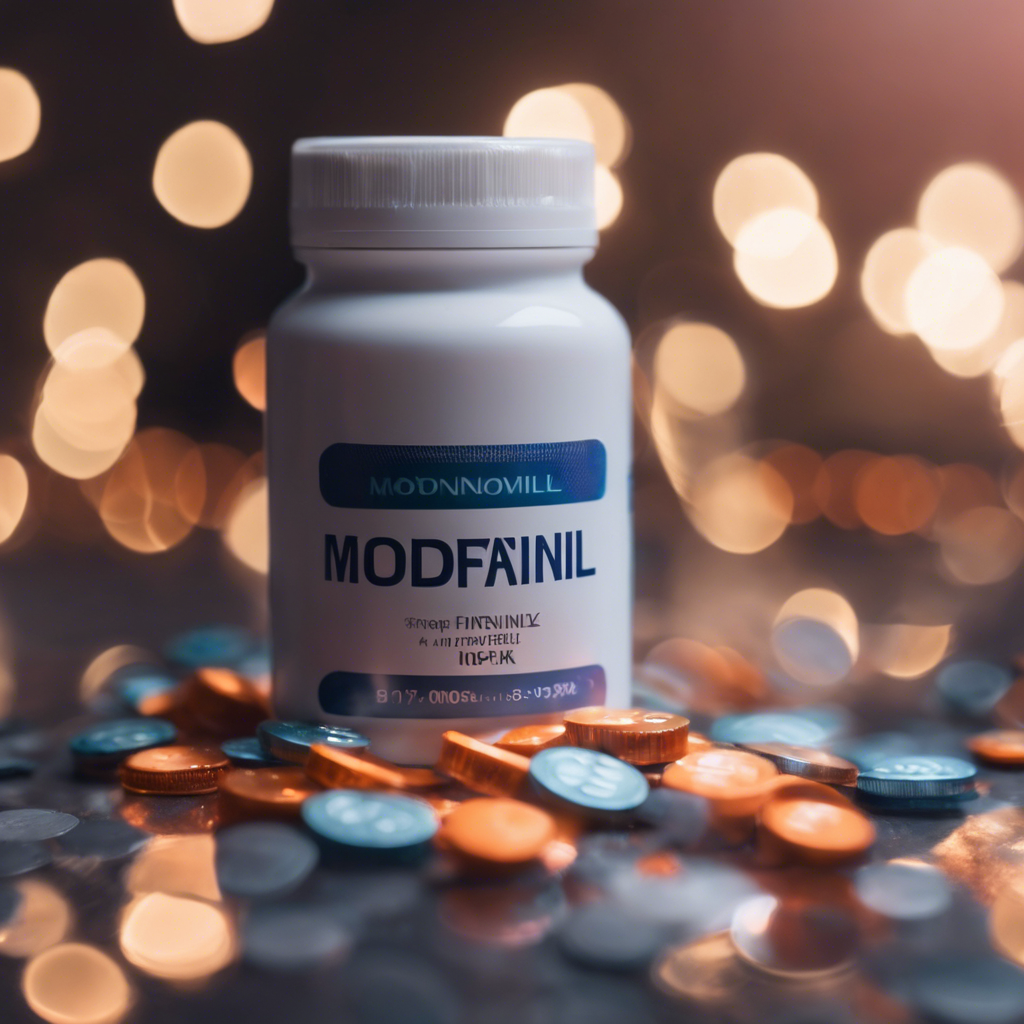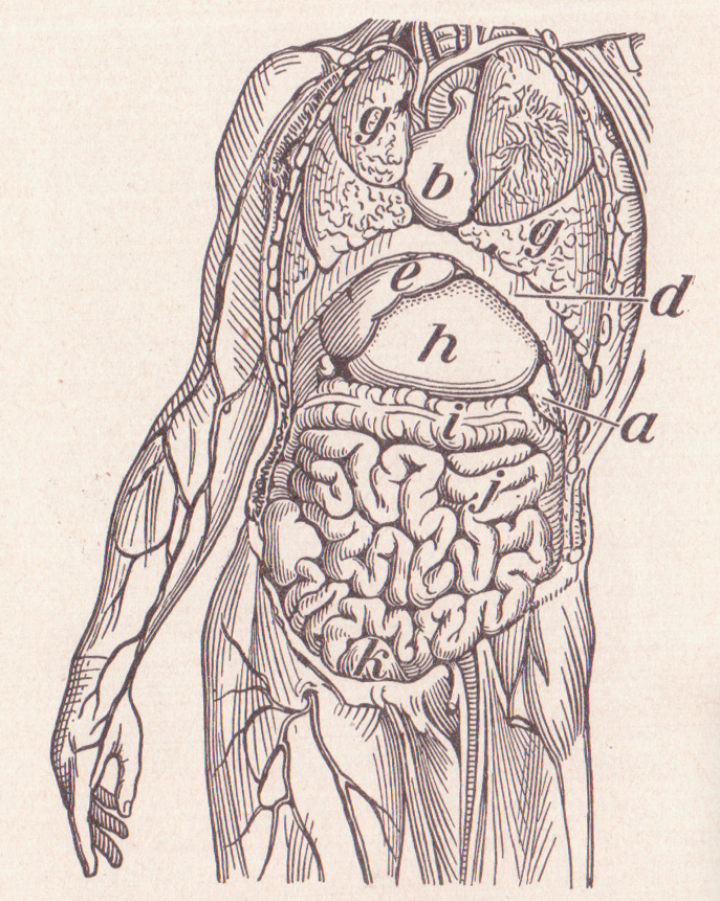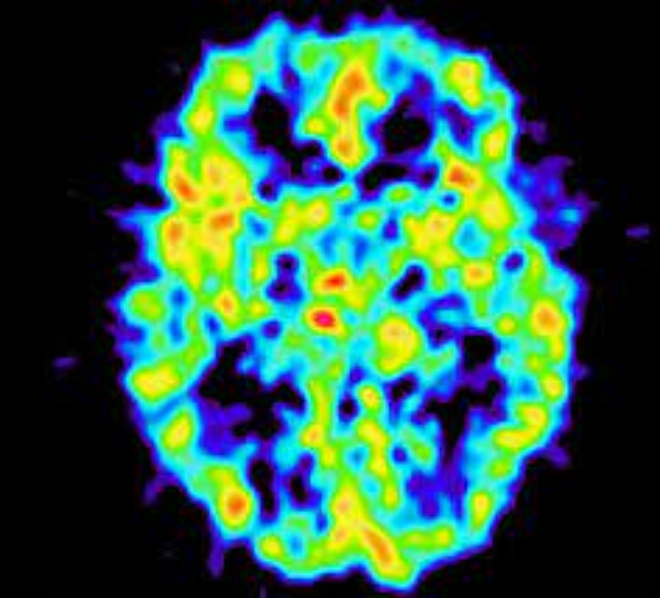|
Name: Modafinil
Type: Stimulant
AKA: Provigil

|
|
II. Natural Derivative
Synthetic substance, no natural derivative
 |
|
III. Chemical Profile (IUPAC name)

|
|
IV. History
Modafinil, a wakefulness-promoting agent, was developed in the 1970s and approved for use in the 1990s. It is used to treat sleep disorders such as narcolepsy and shift work sleep disorder, and its use in cognitive enhancement has been studied.

|
|
V. Legal Information
Modafinil is a wakefulness-promoting agent used to treat narcolepsy and other sleep disorders. It is a controlled substance in several countries, including the United States, where it is classified under Schedule IV. Despite its medical use, regulations are in place to prevent its misuse as a cognitive enhancer. [Source: UNODC].
US Federal Schedule - IV
Schedule IV drugs, substances, or chemicals are defined as drugs with a low potential for abuse and low risk of dependence. Some examples of Schedule IV drugs are: Xanax, Soma, Darvon, Darvocet, Valium, Ativan, Talwin, Ambien, Tramadol.
Key US Federal Policies:
Controlled Substances Act. Public Law: Public Law 91-513 (text can be found on GovInfo) (https://www.dea.gov/drug-information/csa). Date enacted: October 27, 1970.
|
|
VI. Physical Effects
Modafinil is a wakefulness-promoting agent used to treat narcolepsy and other sleep disorders. It increases alertness and reduces fatigue. Short-term use is effective for managing sleep disorders, while long-term use is generally safe with minimal risk of dependence. Overdose risks are low, though excessive use may cause anxiety, agitation, and insomnia. Safe use involves adhering to prescribed dosages. Recent research supports its efficacy in improving wakefulness and highlights its safety profile.  |
|
VII. Psychological Effects
Modafinil, a wakefulness-promoting agent, affects dopamine and norepinephrine systems, causing increased alertness and mood enhancement. Immediate effects include cognitive stimulation and improved mood, lasting several hours. Long-term use supports overall mental well-being, with minimal risks of mental health issues. Research indicates benefits for cognitive function and mood stabilization, with no significant adverse psychological effects.
 |
|
VIII. Culture
Modafinil is a wakefulness-promoting agent used to treat sleep disorders like narcolepsy. Its cultural significance is related to its off-label use as a cognitive enhancer and productivity aid. Media coverage often addresses its effectiveness, safety, and ethical concerns related to its use in healthy individuals. Modafinil is used both medicinally and recreationally, contributing to discussions about cognitive enhancement and drug use.
 |
